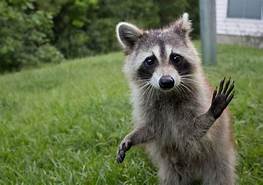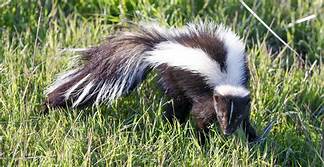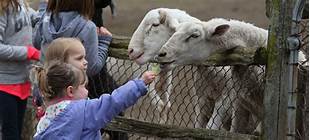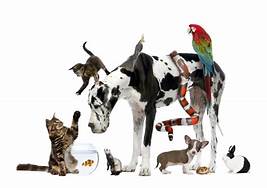Can You Have a Racoon as a Pet?
Raccoons are fascinating creatures, known for their intelligence and adaptability. Their curious nature and mischievous behavior have captivated many people, leading to the question: can you have a raccoon as a pet?

Legality and Regulations
In most countries, it is illegal to own a raccoon as a pet. Raccoons are classified as wild animals, and various regulations prohibit keeping them in captivity. The specific laws and regulations vary by region and country, so it's essential to check your local laws before considering acquiring a raccoon as a pet.
Health and Safety Concerns
Even if it were legal to keep a raccoon as a pet, there are significant health and safety concerns associated with doing so.
1. Potential for Disease Transmission: Raccoons can carry various diseases and parasites that can be transmitted to humans. These diseases include rabies, roundworm, and raccoon roundworm. Proper care and handling can reduce the risk of transmission, but it's never completely eliminated.
2. Aggressive Behavior: Raccoons are unpredictable animals, and their behavior can change quickly. They may seem friendly and playful one moment and become aggressive or defensive the next. Even hand-raised raccoons can exhibit unpredictable behaviors, posing a safety risk to their owners.
3. Destructive Tendencies: Raccoons are naturally curious and explore their surroundings using their sharp claws and teeth. They may chew on furniture, walls, and other household items, causing significant damage to your home.
Behavioral Challenges
In addition to the health and safety concerns, raccoons pose several behavioral challenges that make them unsuitable as pets.
1. Nocturnal Lifestyle: Raccoons are nocturnal animals, meaning they are most active at night. This can disrupt your sleep schedule and make it difficult to interact with your pet during the day.
2. Difficulty in Training: Raccoons are not easily trainable, unlike dogs or cats. They may learn simple tricks, but consistent obedience training is generally not possible.
3. Inadequate Diet: Raccoons have specific dietary needs that can be challenging to meet in a domestic setting. Providing them with a balanced diet that includes fruits, vegetables, insects, and meat can be difficult and expensive.
Conclusion
While raccoons may seem alluring as unique and exotic pets, the risks and challenges associated with keeping them far outweigh any perceived benefits. It's essential to remember that raccoons are wild animals and not suitable for domestication. For the safety of both humans and raccoons, it's best to admire these creatures from a distance rather than attempting to keep them as pets.
Declaration: All article resources on this website, unless otherwise specified or labeled, are collected from online resources. If the content on this website infringes on the legitimate rights and interests of the original author, you can contact this website to delete it.





